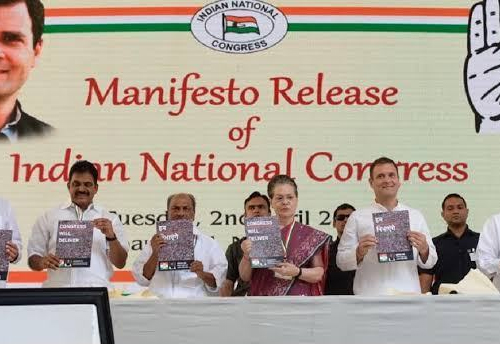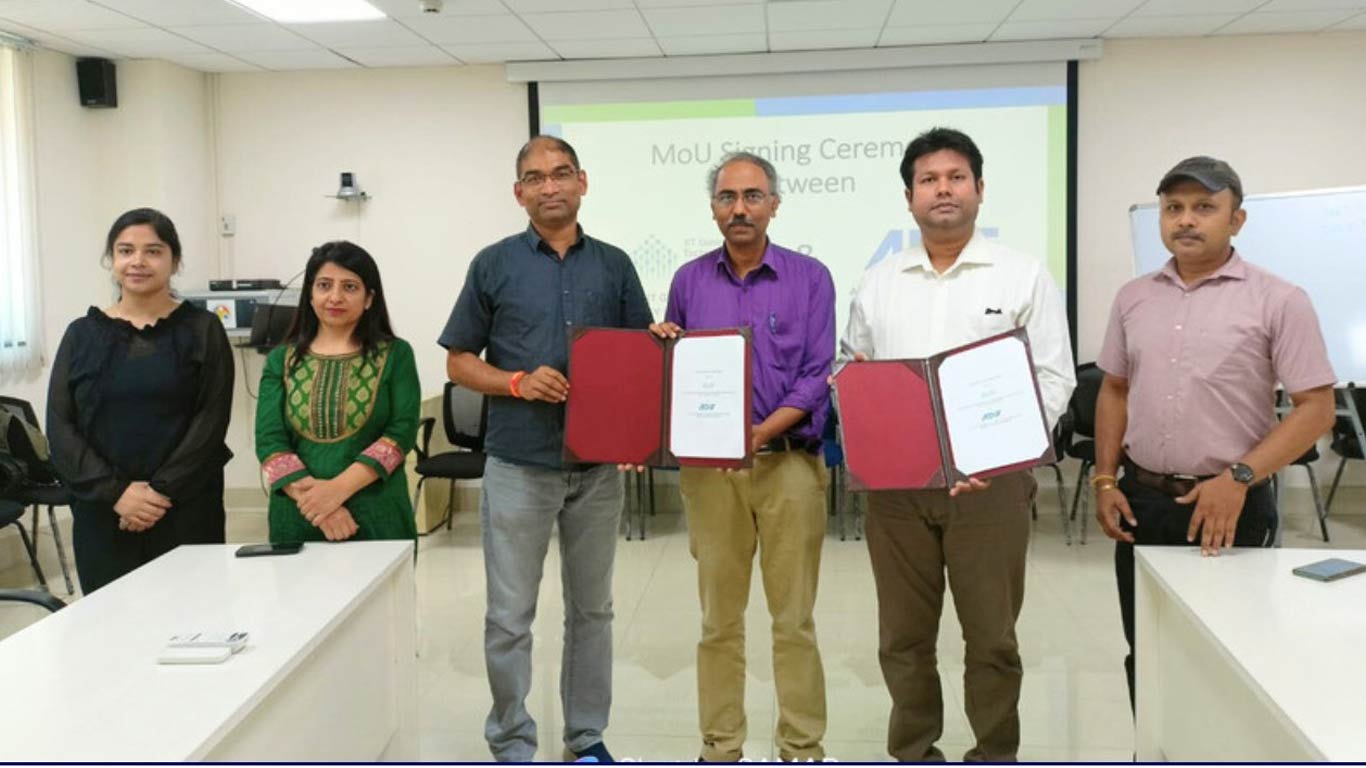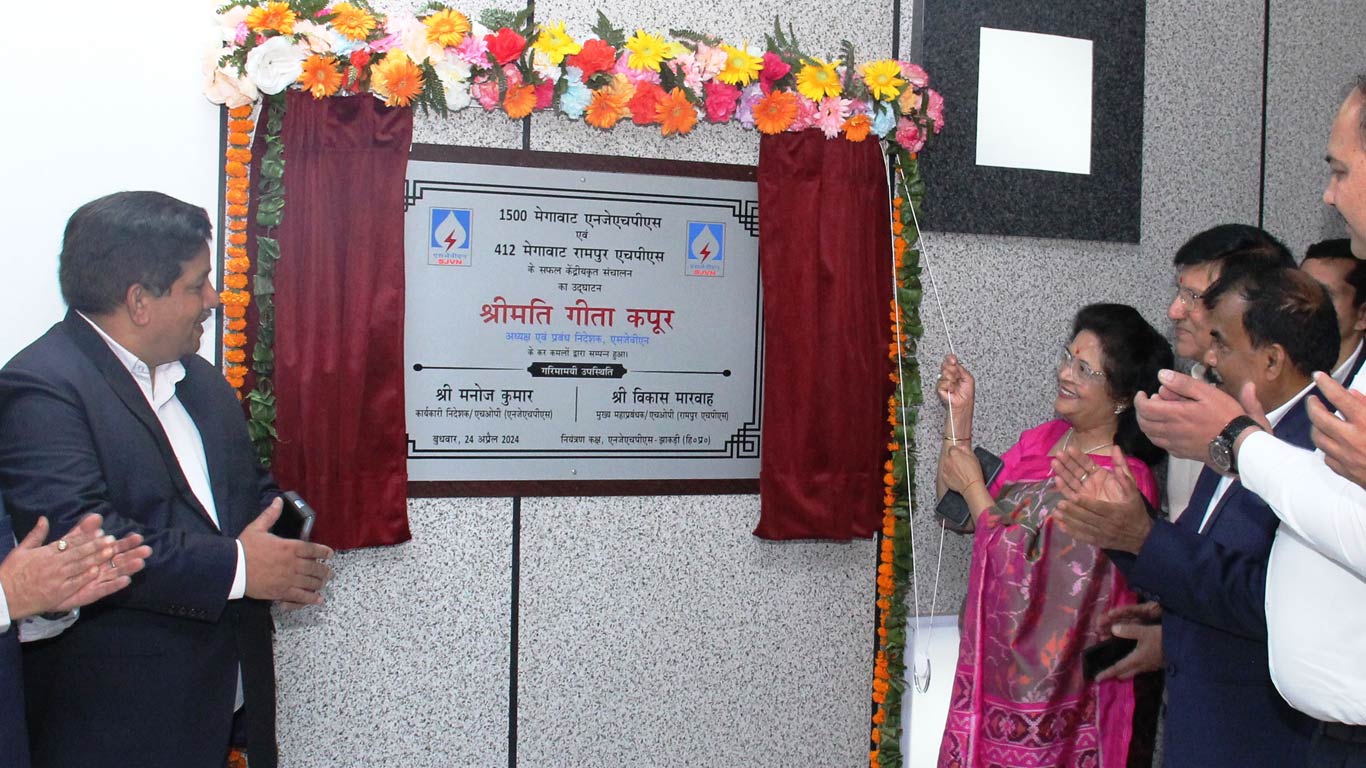Promises made in Congress Manifesto too good to become a reality; proposals are not well thought through: Experts
Updated: Apr 04, 2019 11:18:00am

Promises made in Congress Manifesto too good to become a reality; proposals are not well thought through: Experts
New Delhi, Apr 4 (KNN) The manifesto released by the Congress party surely reflects positive intentions but various proposals made in it are not thought through efficiently, said V K Aggarwal, Managing Director of Lucknow based Shashi Cables and former President of Federation of Indian Micro and Small & Medium Enterprises (FISME).
The party has pledged to give highest priority to protecting existing jobs and creating new jobs in the country if elected to power. On this, Aggarwal told KNN India, “The focus should be more on creating more employment opportunities rather than creating jobs to solve the problem of unemployment.”
He said that government jobs should be down played because in case of government jobs input-output ratio or productivity is extremely low and it costs the country heavily.
“Government should send a message that it will create more opportunities for employment in every sector especially through private sector participation and cautioned against creation of jobs just for the sake of creating, Aggarwal mentioned.”
His radical suggestion is that security of services should be withdrawn from the government jobs and more focus should be given to creation of need based jobs.
Giving a thumbs down to the proposal made by Congress to define Micro Small and Medium Enterprises (MSME) definition on the basis of employment, FISME President said “This definition goes against the job creation.”
Managing Director of Kanohar Electricals and also a senior CEC member of FISME Dinesh Singhal has also criticized the proposal of defining MSMEs on basis of employment by calling it not workable.
On promise of regulatory forbearance for Micro and Small Enterprises by exempting them from all applicable laws and regulations (except the Minimum Wages Act and tax laws) for a period of 3 years is a noble thought but it needs different approach to save them from the evils of inspector raj, Singhal noted.
Appreciating that the fact that "exports create jobs" which is mentioned in the Congress manifesto, he opined that the target is extremely difficult because our focus has been shifted to quantity from quality, owing to which exports are not increasing.
Unless we incentivize on quality, creation of jobs through exports will become a distant dream, he added.
Suggesting measures to address the problem of credit crunch in MSME sector, he called for creation of large dedicated banks for MSMEs along with the expertise of overseas bank.
He further mentioned that the target of increasing the share of India’s manufacturing sector from the current level of 16 per cent of GDP to 25 per cent within a period of 5 years and to make India a manufacturing hub for the world is not possible.
Neither it has been possible for UPA government nor it will be possible for Congress as ease of doing business (EODB) is misunderstood in India, he commented.
Rather, he suggested creation of web based system for entrepreneurs to promote EODB.
With regard to Congress party's promise on review of the rules and regulations and extraordinary discretionary powers that have been given to tax authorities, he said it must be rightly diagnosed and then be reversed if required.
A day before yesterday Congress party released the party’s manifesto for Lok Sabha elections that are due in May.
The manifesto said the party will announce a ‘Make for the World’ policy under which foreign and Indian companies will be invited to invest in ‘Exclusive Export-only Zones’, manufacture and export their entire production, pay no indirect taxes and pay a low rate of corporate tax.
Its manifesto proposes to create a new "Ministry of Industry, Services and Employment", in a bid to underline the link between the growth of the industry and services sectors and rapid creation of jobs.
In addition to this, it said it will radically simplify the GST regime with a single moderate rate of tax, zero rating of exports, and exemption for essential goods and services, and also promise panchayats and municipalities a share of GST revenues.











